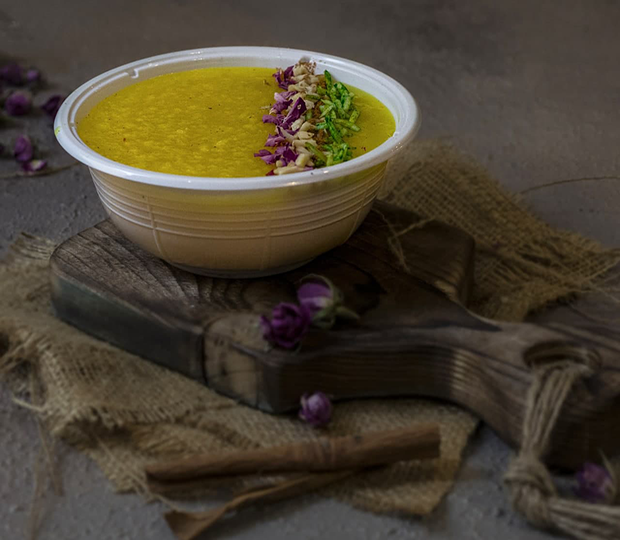What is Definition Of Disposable?
Disposable is something that designed to be used once or only a limited number of times and then thrown away.
What is Definition Of Disposable Utensils?
A disposable utensil is a container that made of paper, plastic in the form of glasses, bottles, plates, etc. Disposable utensils are available in several different material types. But plastic utensils often made with polypropylene (PP), expanded polystyrene (EPS, commonly known as poly-foam), polystyrene (PS) or polyethylene terephthalate (PET).
Plastics are polymers made from the synthesis of raw materials called monomers. Monomers are toxic substances and harmful to human health. While polymers are neutral and do not pose a problem for human health.
If the plastic in your container is polystyrene, it will have a code 6 — a number 6 encircled by a recycling sign — printed on the plastic or the packaging. Polystyrene is not biodegradable and can last as long as centuries before it finally breaks down; in landfills, moreover, it may last even longer, since landfills are designed to store waste, not break it down consequently, although polystyrene currently constitutes less than 1 percent of the waste stream, it’s still undesirable to throw it away.
Where Disposable Tableware Is Used?
Single-use plastics, or disposable plastics, are used only once before they are thrown away or recycled. These items are things like disposable plastic utensils, plastic bags, straws, coffee stirrers, soda and water bottles and most food packaging.
Plastic utensils often found in fast food restaurants, takeout restaurants and kiosks, and catering establishments. Choosing the right type of disposable plastic utensils is important whether you are looking to make a positive impression on your guests or are trying to make a difference in the environment.
Reusing Utensils
Even though polystyrene containers are not biodegradable, keeping and reusing them isn’t a great idea. Some plastic container like forks and knives are only good for up to a week, at which point they’re too dirty for reuse. In general, plastic utensils and cups aren’t designed for repeated use or cleaning; washing with hot water and soap may cause the edges on the utensil to curl up, creating spaces that harbor food particles and encouraging rapid bacterial growth. According to Barbara Ingham, a food science professor at the University of Wisconsin, repeated cleaning can degrade the plastic as well. In general, plastic cutlery is designed for single use — so reusing it isn’t a safe way to go.
Although plastic utensils are not biodegradable and shouldn’t be reused, you might wonder what else can be done with them. Depending on where you live, recycling them may be another option. Polystyrene is a thermoplastic, meaning it can be melted and remolded repeatedly, so recycling it is possible; Some countries do in fact accept polystyrene products. But many other counties and recycling centers don’t accept polystyrene, because it costs too much for them to recycle efficiently.

